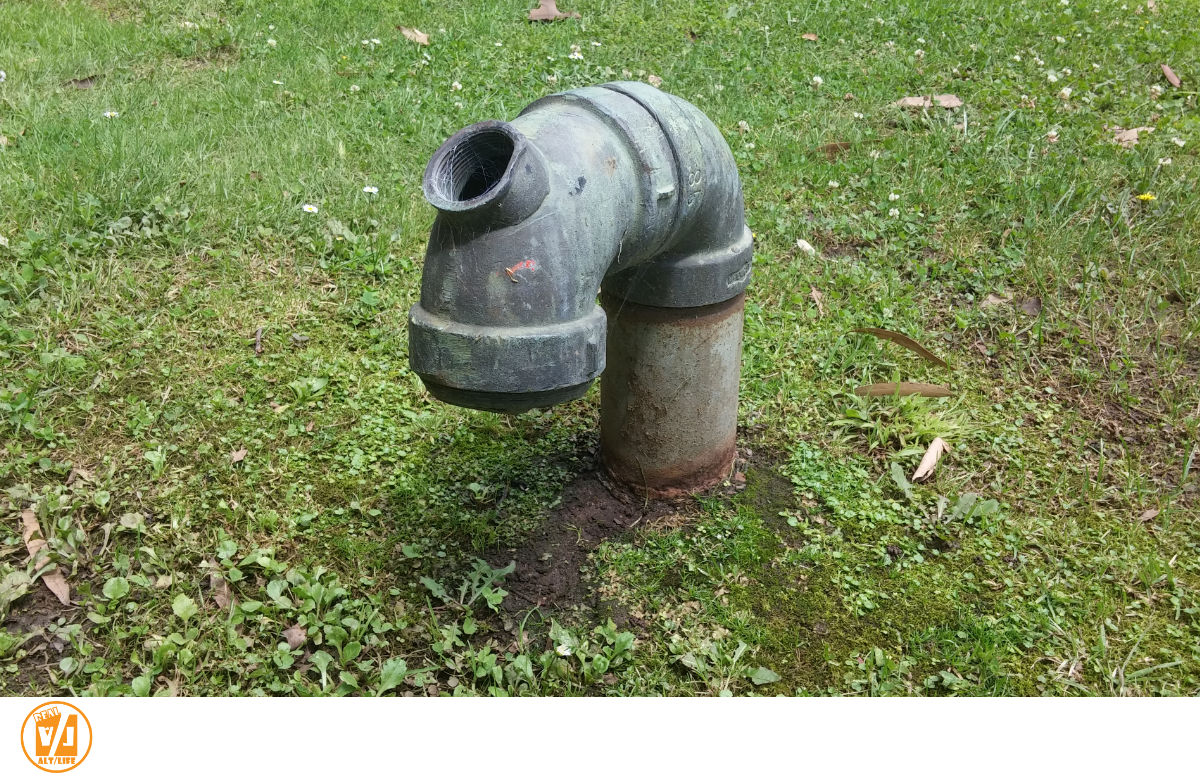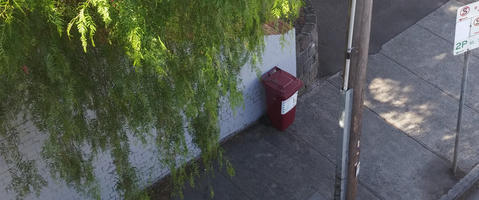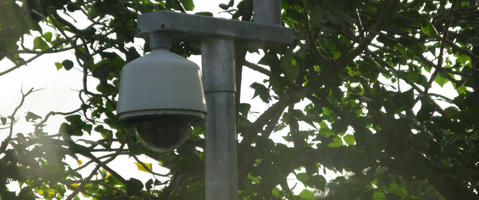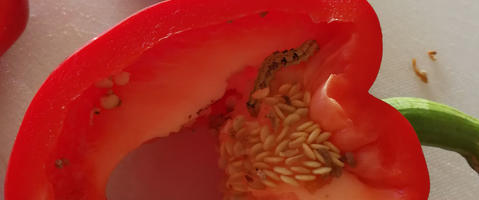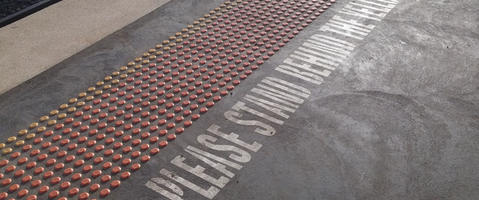While no other examples of such a plant have been seen in the wild, horticulturalists are confident that we're just at the start of a whole new evolutionary explosion as the inorganic replace the organic. In the following decades, we should be seeing more synthetic beings out in nature, thanks in part to the everyday technology we carry around with us today.
"While we are just at the beginning of analysing this species, we've already discovered the origin. We're confident in saying that if this was any other pipe we would not be seeing what we are observing", said John Fields, the lead scientist analysing the plant. "The unique aspect of this pipe is that it is made of lead, which of course is how we get the word 'plumbing' from the Latin plumbum for lead, and has resulted in it growing only where plum trees grow, effectively replacing the tree like the sort of mistaken autocorrect we find on modern cell phones."
It is this similarity to the often-maligned smart phone feature which has given the new species the official name of 'Incrementum Autorectum', which loosely translates as autocorrecting growth. In a more unusual twist, it has also lead scientists to search for more conclusive links between the prolific use, and mistaken application of, autocorrect technology and the rise in these inorganic lifeforms that replace their natural counterparts.
"We're currently searching for more examples, that's true. We have notices out asking fellow nature scientists to look for animal or plant species being replaced, such as cranes, boars, maize, certain species of fowl. To find such a link would be ground breaking, a complete rewrite of everything we know about nature, the digital world, and even intelligence; artificial or not."
But for now, the new pipe is taking pride of place in the fortunate residence's lawn, with people coming from far away to see such an evolutionary wonder.
When asked if these plants could pose a risk to humans, the lead scientist laughed it off. "No, there's no homonyms, homophones, or homographs for human, so I'm confident we won't be seeing any inorganic life replacing us anytime soon."

